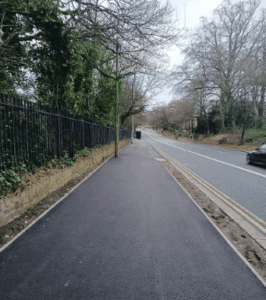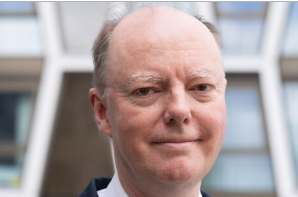The coroner Philip Barlow has called on government to consider stricter air quality laws following the publication of his report after the inquest that considered the role air pollution had in the death of nine year old Ella Adoo-Kissi-Debrah in London in 2013.
The report contains the coroners concerns and recommendations for actions. It had already been established in December 2020 that one of three medical causes of the death was air pollution.
The report said that: “The national limits for Particulate Matter are set at a level far higher than the WHO guidelines. The evidence at the inquest was that there is no safe level for Particulate Matter and that the WHO guidelines should be seen as minimum requirements. Legally binding targets based on WHO guidelines would reduce the number of deaths from air pollution in the UK.”
It also said: “There is a low public awareness of the sources of information (such as UK-Air website) about national and local pollution levels. Greater awareness would help individuals reduce their personal exposure to air pollution. It was clear from the evidence at the inquest that publicising this information is an issue that needs to be addressed by national as well as local government. The information must be sufficiently detailed and this is likely to require enlargement of the capacity to monitor air quality, for example by increasing the number of air quality sensors.
According to the Chartered Institute of Highways and Transportation (CIHT), In the UK alone, long term exposure to man-made air pollution has an annual effect equivalent to between 28,000 and 40,000 premature deaths (the number of people killed in road fatalities was 1,792 people in 2017). According to the World Health Organisation the estimated annual death toll is 7 million people globally. Meanwhile, the Royal College of Physicians and the Royal College of Paediatrics and Child Health estimate the cost of air pollution to the UK to be more than £20bn a year.
Stated in the government’s walking and cycling vision, ‘Gear Change’, meeting the targets to double cycling and increase walking would lead to savings of £567 million annually from air quality alone, prevent 8,300 premature deaths each year and provide opportunities to improve green spaces and biodiversity, said the CIHT.
























